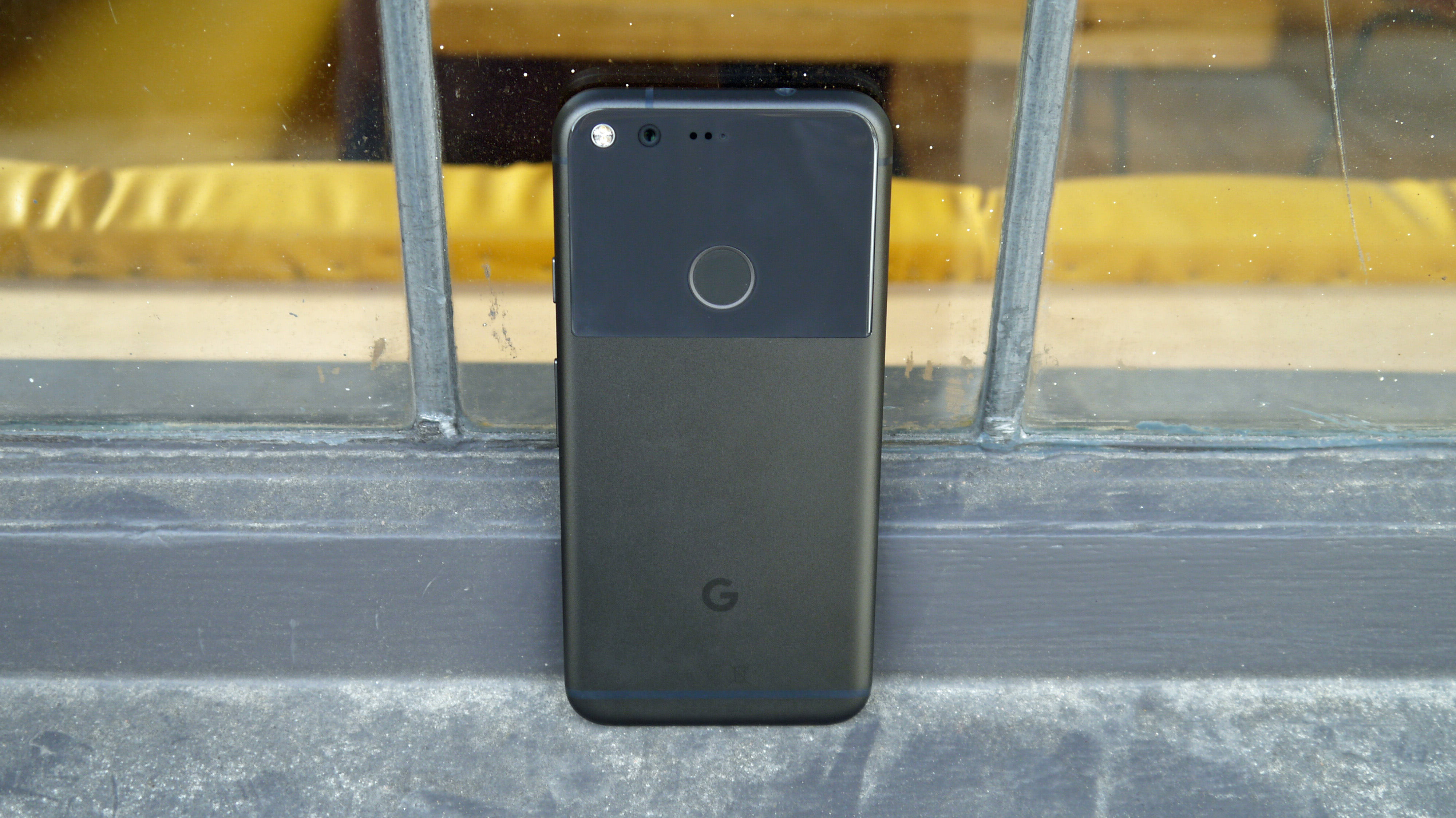Google buys part of HTC's phone business, including Pixel team
The deal is now done

Sign up for breaking news, reviews, opinion, top tech deals, and more.
You are now subscribed
Your newsletter sign-up was successful
Update: Google has completed the purchase of HTC's hardware business, confirming the deal on its blog.
Google's Senior VP for Hardware, Rich Osterloh wrote "I'm delighted that we've officially closed our deal with HTC, and are welcoming an incredibly talented team to work on even better and more innovative products in the years to come."
What the deal means for the future of both HTC devices and Google's own line of products remain to be seen, but in the short term at least, we expect to see the search giant launch more devices bearing its name.
Original article continues below
Google is buying part of HTC's smartphone business, the companies announced today, putting an end to months of rumors about an acquisition.
Here's how the "cooperation agreement" breaks down: certain HTC employees, "many of whom are already working with Google to develop Pixel smartphones," will join Google's hardware business. HTC is to receive $1.1 billion in cash as part of the transaction, according to a statement.
Also included in the deal is a non-exclusive license of HTC intellectual property, meaning HTC can continue to make products, including phones, under its company brand.
Sign up for breaking news, reviews, opinion, top tech deals, and more.
The HTC Vive virtual reality division remains intact, as do HTC's other initiatives. The deal is expected to close by early 2018.
I'm thrilled about our agreement with HTC - looking forward to building many great products together! @Google @htc https://t.co/PWtDUiG4xsSeptember 21, 2017
Whispers of HTC selling off all or part of its business intensified in recent months. The noise reached an apex earlier Wednesday when it was revealed HTC would halt stock trading on Thursday, September 21, leading many to speculate an acquisition announcement was imminent.
Google Pixel 2, HTC U12 and more devices to come
While not mentioned by name, it appears HTC is in fact the manufacturer behind the upcoming Google Pixel 2 smartphone.
This has been rumored for awhile, but the statement and a blog post by Rick Osterloh, Senior Vice President, Hardware at Google, all but confirm HTC has its hand in Google's new phone.
"These future fellow Googlers are amazing folks we've already been working with closely on the Pixel smartphone line, and we're excited to see what we can do together as one team," Osterloh said, referring to the HTC employees who are joining Google. HTC built the first Pixel phone.
We expect the Pixel 2 to be announced at an event in early October, and today Osterloh indicated the new smartphone wouldn't be alone.
"Last fall, we introduced our first family of Made by Google products, including Pixel smartphones, Google Home, Google Wifi, Daydream View and Chromecast Ultra, and we’re preparing to unveil our second generation of products on October 4," he said.

On Tuesday, a new Google Daydream View virtual reality headset, Google Home Mini, Pixelbook 2-in-1 laptop and details of the Pixel 2 leaked. These products will likely be unveiled on October 4, but Google could have even more planned.
Meanwhile, HTC says it's working on a new flagship to follow up this year's HTC U11. This device may potentially be called the HTC U12.
Google buying a significant portion of HTC's core business poses a major shakeup in the tech world, but it's a move that makes sense given the companies' long and successful relationship together.
Not only does HTC get a big boost from a powerful partner, but Google also gains hardware expertise, something it needs if it wants to keep up with the likes of Apple and Amazon.
- HTC Vive vs Oculus Rift: which is the better VR headset?

Michelle was previously a news editor at TechRadar, leading consumer tech news and reviews. Michelle is now a Content Strategist at Facebook. A versatile, highly effective content writer and skilled editor with a keen eye for detail, Michelle is a collaborative problem solver and covered everything from smartwatches and microprocessors to VR and self-driving cars.